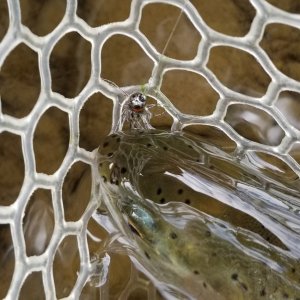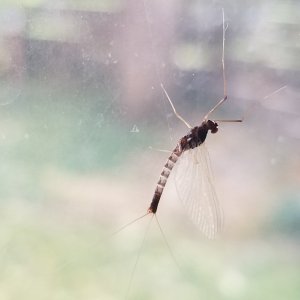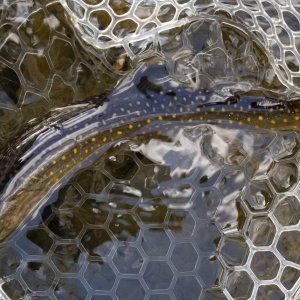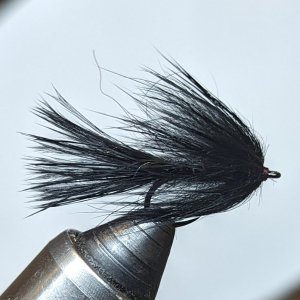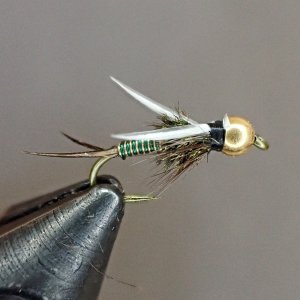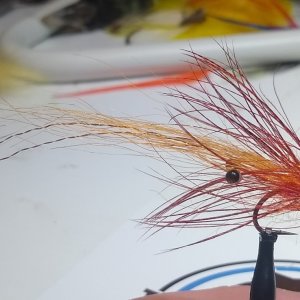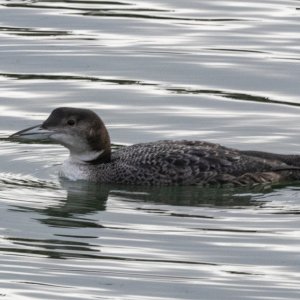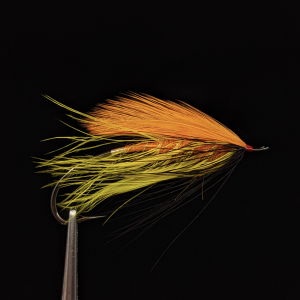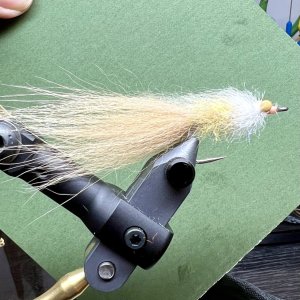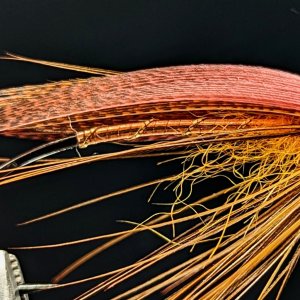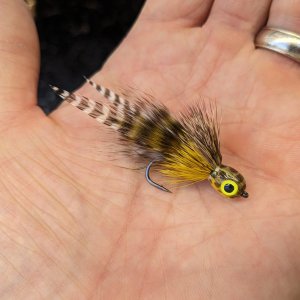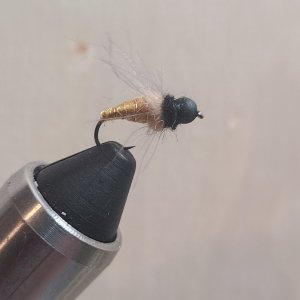Breck
The Whisk(e)y Dick
Spent most of last Spring, Summer, and Fall trying to figure out pike on the fly. Heaviest rods I have are 8-weights and I have had varied success using them with full sinking lines for pike here in the lakes of NW Montana. Casting big flies hasn't really been an issue.
I've noticed that several of the pike/musky-specific fly lines are WFF lines. What would be the advantage to using a floating line for these fish, unless you are particularly trying to use topwater popper type flies?
One thing that really embarrasses me is that my girlfriend has outfished me for pike using ultra light spinning gear for perch. Oh well. Keeps her interested and wanting to fish with me.
I've noticed that several of the pike/musky-specific fly lines are WFF lines. What would be the advantage to using a floating line for these fish, unless you are particularly trying to use topwater popper type flies?
One thing that really embarrasses me is that my girlfriend has outfished me for pike using ultra light spinning gear for perch. Oh well. Keeps her interested and wanting to fish with me.

